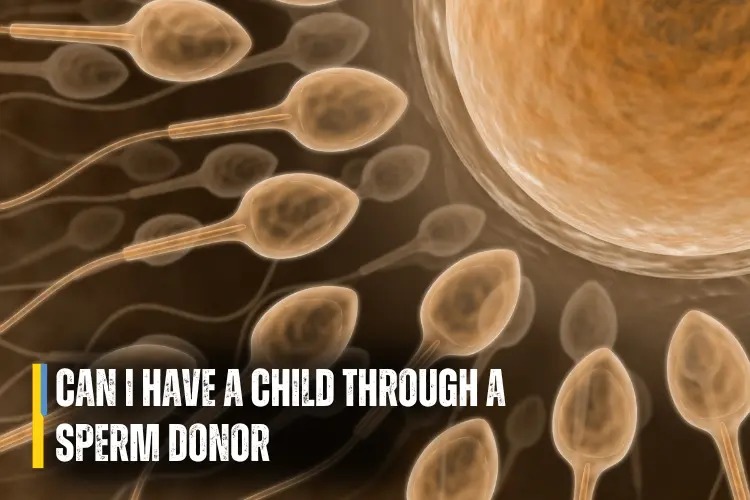Can I Have A Child Through A Sperm Donor?

The question is, “Is it permissible for me to have a child through a sperm donor? How would that affect my relationship with the child?”
What Do Muslim Scholars Say?
Muslim scholars say about this, so long as the procedure is being used by a couple within marriage to achieve pregnancy, when, you know, the normal course of events is not leading to pregnancy, then this is permissible.
But, of course, it has to be with, you know, all kept within the marriage. In other words, it has to be the husband’s sperm with the wife’s ovum, and the implantation has to be done within the womb of the same wife.
It cannot be that, you know, you get a donor sperm, and it cannot be a donor egg, it cannot be a surrogate motherhood.
A Scientific Path Within Bounds
So this is, and they see it as, in a way, like applying medicine or seeking a cure for something that’s not working in the normal way.
So the couple can resort to this unusual way, using scientific methods, to achieve what normally would’ve been achieved within the marriage, which is pregnancy, where the husband and the wife are both parents of the same, and the sole parents of the child, and we’re not using like a surrogate mother for this purpose.
Read Also: Why Has Allah Given Me a Sickness?
What’s the concern about using an outside source?
Well, I think, first of all, Muslim scholars are working within the parameters of what is already given.
So we know from our classical texts, whether it be in the Quran or Hadith or classical Islamic jurisprudence, that this, you know, husband and wife get together. This is to be contrasted with adultery, where you introduce a third party.
So they see some analogy. If they take the donor sperm, this is some aspect of adultery. It’s not the actual act of intercourse, but still, you’re using the sperm from an outside source.
“This is not allowed, this,” they would say, or egg from another woman, or, you know, you implant a zygote into the uterus of another woman, which means that you are getting, you know, some outside source here into this woman.
So, for them, this is taboo, but there are also many ethical concerns which are being raised even outside of the Islamic constraints. And for Muslim scholars too, this is a concern.
Islamic Laws and Lineage
Like if you have a child that is related to another person outside of the marriage because of a donor sperm, well, this affects Islamic laws regarding who can marry whom, because you can’t marry your sister, you can’t marry your mother, obviously.
So if a child is born from a surrogate mother, then the child will have two mothers:
- One whose ovum the child is a product of, and
- Two, the mother from whom’s womb the child emerged.
And so this creates all kinds of problems because the daughters of that surrogate mother would be in some way related to this child and so on.
Inheritance and Anonymity Issues
And then when it comes to inheritance, the Islamic law prescribes inheritance to certain persons who are closely related to you. Then the relationships now expand, and who exactly is related to whom?
If you deal with a donor sperm, if the donor is not known, then this raises more questions for Muslim scholarships.
What About Adoption?
Of course, we have questions about adoption and things like that as well, right? It’s the same sorts of, or similar questions arise, right?
The Bottom Line
Yes, so to cut a long story short, simple thing, within a marriage, husband and wife can use the scientific methods to achieve what normally would’ve been achieved through normal intercourse, but we cannot involve a third party in that relationship.





